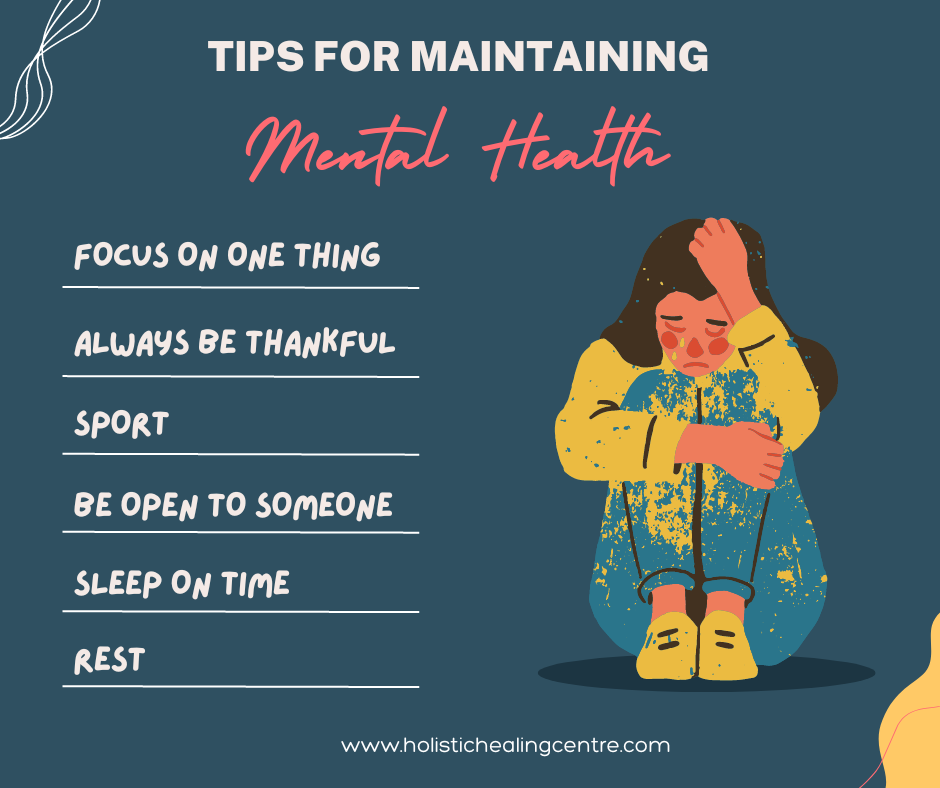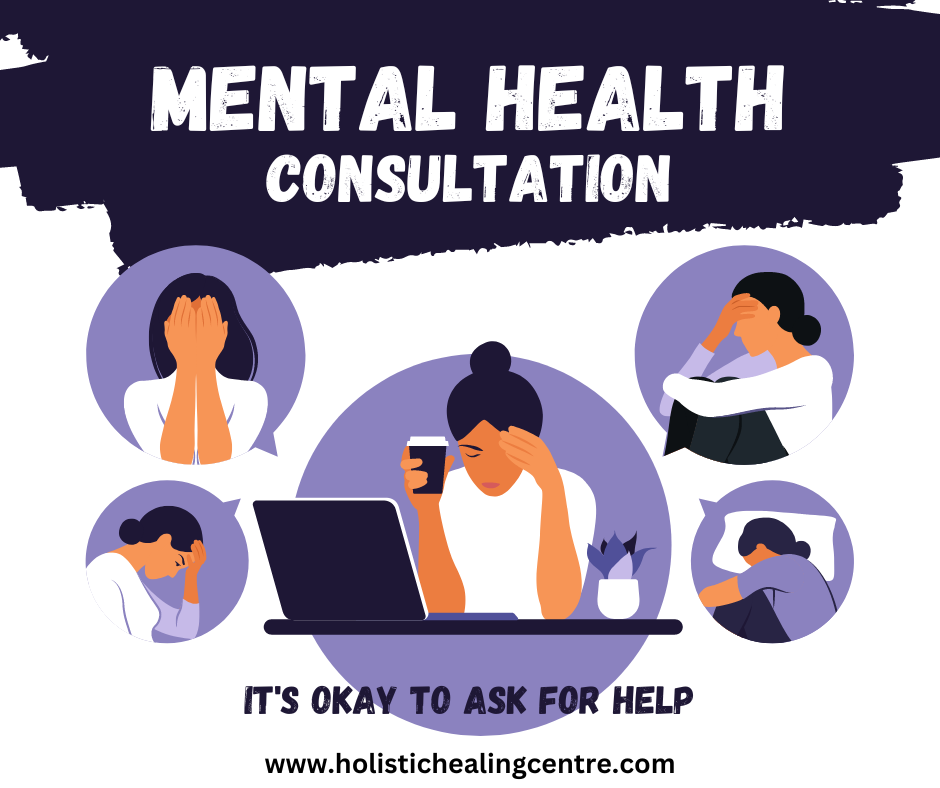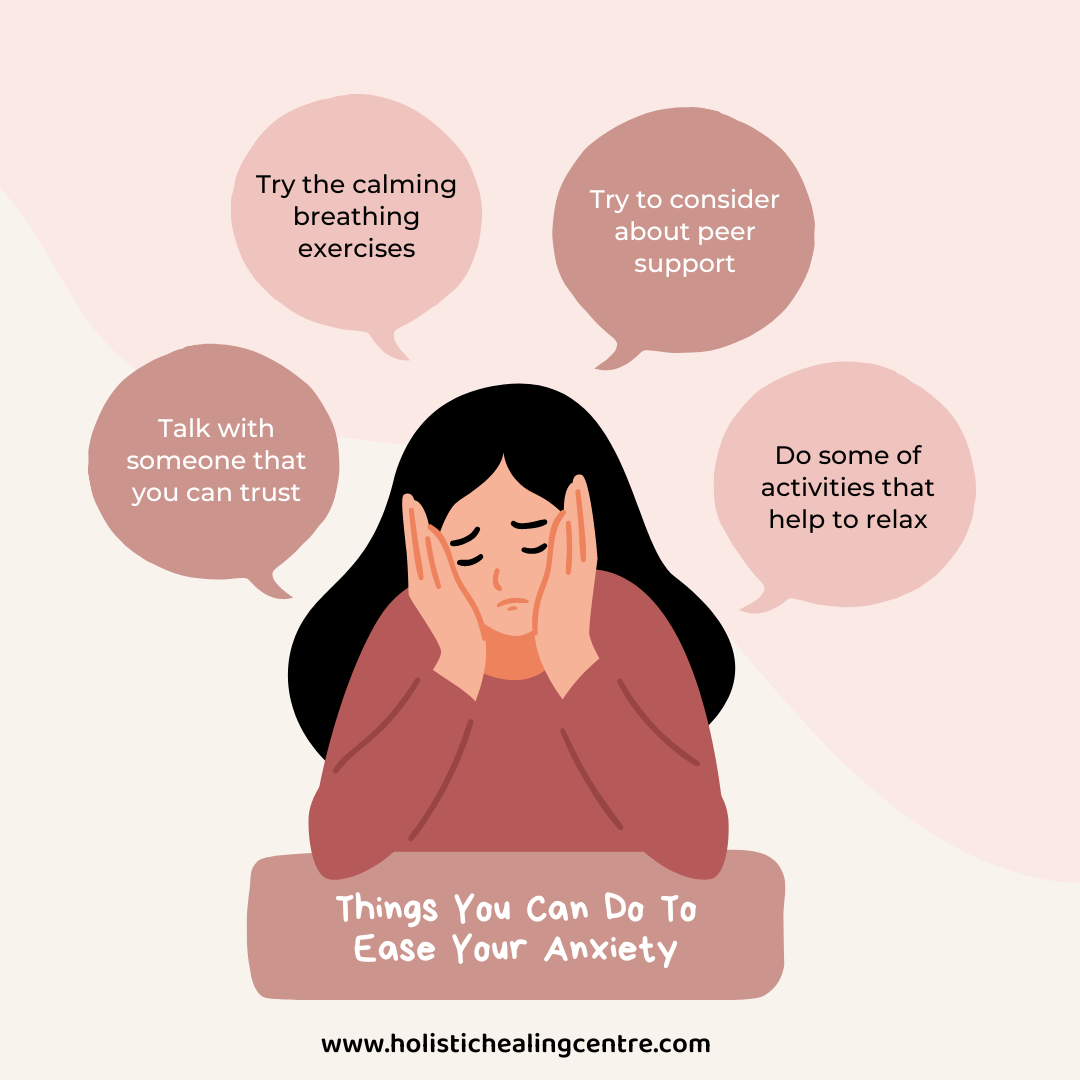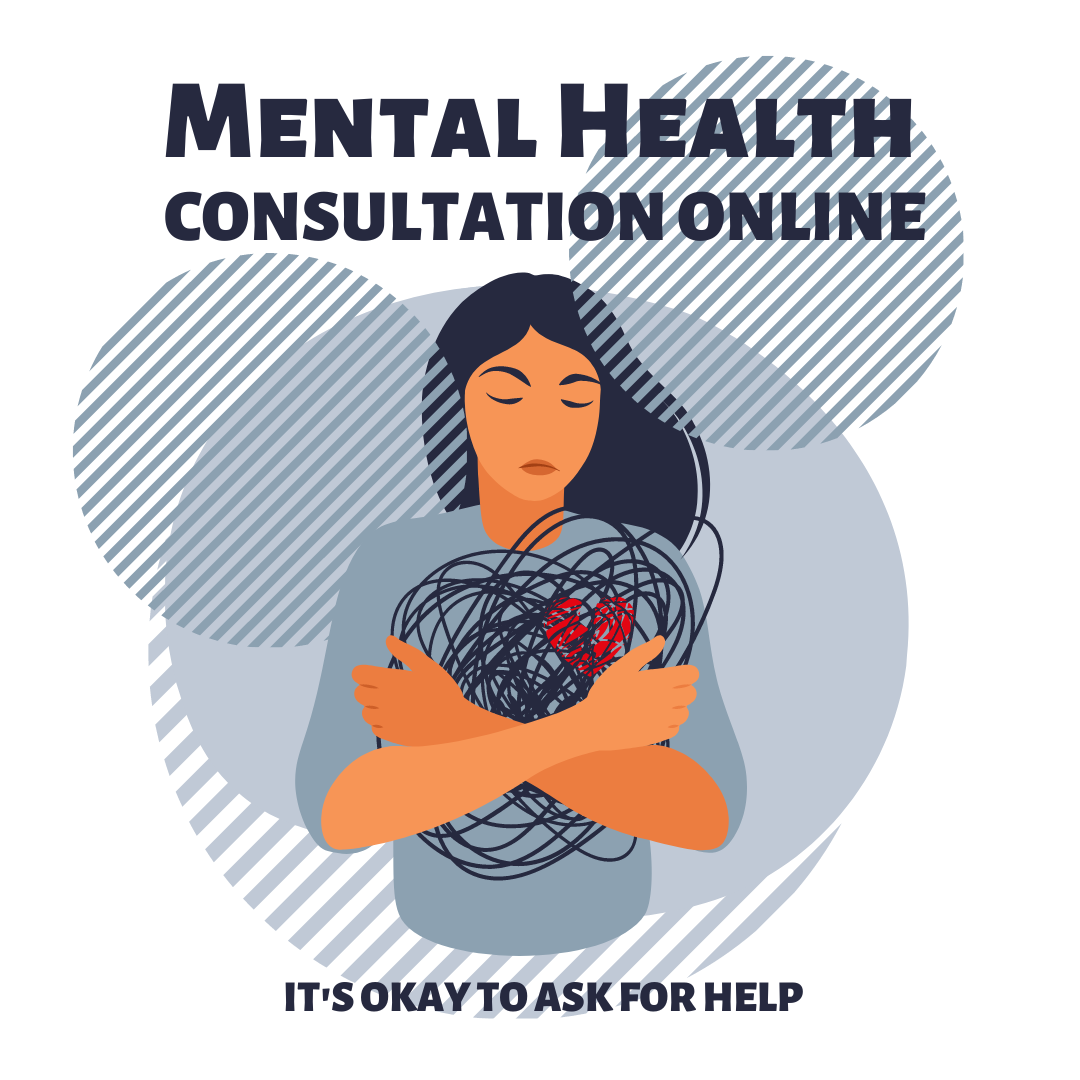Counselling for Depression & Anxiety in Delhi: Among the most prevalent issues that people face today are stress, anxiety, and depression. At certain times in our life, we all experience tension, worry, and sadness. Others are responses to numerous life circumstances, such as the loss of a loved one, divorce, money problems, etc., while some are a result of our temperament. These feelings have the potential to develop into more serious emotional and mental health problems over time, necessitating the assistance of a skilled depression therapist and anxiety therapist in Delhi.
Counselling for Depression & Anxiety in Delhi
Mental health counselling is among the most effective therapies for depression and anxiety. Sometimes, experiencing melancholy or anxiety can feel overwhelming. Online counselling has become more and more popular in recent years as more individuals use it. DrSafeHands provides internet therapy for mental health problems.
Our mental health professionals will provide you with a safe environment where you can discover the concepts, feelings, and behavioural patterns that are producing your symptoms. You must seek out assistance for yourself if you’re going through despair, loneliness, or anxiety.
Causes of Depression & Anxiety
- Inbalance in the signalling chemicals in the brain
- traumatised early childhood
- abusing drugs
- occurrences in life that are upsetting, such as losing a job, losing a loved one, having money problems, or being divorced

What is Mental Health?
Mental health is the state of being emotionally, behaviorally, and cognitively healthy. It is a feeling of contentment that permeates a person’s thoughts, feelings, and actions. Your life depends on your mental health, which has an impact on your thoughts, behaviours, and emotions. Being emotionally and psychologically in good shape can increase someone’s efficacy and productivity. It helps you adjust to changes in your life and deal with hardship. It also has a big impact on the health of your relationships. The prevalence of mental diseases is still rising, with considerable negative effects on health as well as global social, human rights, and economic repercussions. Over 200 million individuals in India alone experience mental health problems each year, making it a major worldwide public health issue.
Types of Mental Health Problems
Varieties of mental health concerns and problems: Mental health disorders come in a wide variety of forms. A combination of disordered ideas, perceptions, emotions, behaviour and interpersonal connections typically describe mental health disorders. The most prevalent mental health condition and a major contributor to disability globally is depression. Bipolar illness, schizophrenia and other psychoses, dementia, and developmental disorders like autism are additional frequent mental health issues.
What are the Symptoms & Signs of a Mental Health Problem?
Symptoms of a mental health issue: Early warning symptoms of mental illness include: muddled thinking, persistent melancholy or irritation, lack of interest, significant mood swings, withdrawal from social situations, excessive worry or fear, abrupt changes in eating or sleeping patterns, weird ideas, and intense feelings of wrath.
There are many different kinds of factors for mental health, but these are the basic ones.

What Causes Mental Health Issues?
- Imbalance in the signalling chemicals in the brain
- traumatised early childhood
- abusing drugs
- occurrences in life that are upsetting, such as losing a job, losing a loved one, having money problems, or being divorced
- underlying medical issues include cancer, heart disease, an underactive thyroid gland, or persistent pain
- combination of biological, psychological, environmental, and hereditary elements
Mental Health Support
Support for mental health: The optimal course of treatment for you will depend on the kind and degree of your mental disease. The best course of action is frequently a mix of therapies.
- Medication: Although they don’t treat mental illness, psychiatric drugs can frequently greatly reduce symptoms. Also, it can contribute to the effectiveness of other treatments like psychotherapy. Antidepressants, anxiety reducers, mood stabilisers, and antipsychotic drugs are some of the most often prescribed pharmaceuticals for mental health treatment.
- Psychotherapy: Psychotherapy, often known as talk therapy, is the therapeutic management of a mental health condition by a licenced mental health professional. Psychotherapy looks at thoughts, feelings, and behaviours with the intention of improving a person’s wellness. Combining psychotherapy and medicine is the most effective way to promote mental health rehabilitation. Cognitive behavioural therapy is one kind of psychotherapy.
Hospitalisation, peer support groups, art therapy, brain stimulation therapy, and psychosocial treatment are other methods for treating mental illness.
If You are Living with Mental Health Issues
Living with mental health issues: Your daily life, such as a your job, school, or in relationships, might become unhappy as a result of mental health concerns. You should ask a family member, friend, or mental health professional for assistance if you are experiencing stress, anxiety, or other intense feelings that bother you. Without treatment, long-term mental health difficulties can be lethal.
What Should I Be Looking for in a Counselor or Psychotherapist?
It may take some time and effort to find the best counsellor for a mental health issue, but the effort is worthwhile. Your relationship with your counsellor is crucial. You need a partner in your recovery—someone you can trust, someone you feel at ease sharing sensitive topics and personal information with. Experience is one of the key benefits of speaking with a counsellor over merely talking to a friend. Find a mental health professional who has experience treating the issues you are experiencing. Counsellors frequently specialise in certain conditions, such as eating disorders or depression.
Because they have often encountered the issues you are dealing with, seasoned mental health counsellors have a broader perspective and more insight. Being a good listener is a quality you should seek for in a counsellor. Check to see if the mental health counsellor has the necessary licences. It is best to choose a different option if you don’t feel a connection with your counsellor, if you don’t trust them, or if you don’t think they genuinely care about you.

What is Anxiety Disorder?
Anxiety Disorders: Anxiety is a typical feeling and your body’s response to stress. A mental health condition known as anxiety disorder is defined by significant feelings of worry, anxiety, or fear that interfere with day-to-day activities. Generalised anxiety disorder, panic disorder, social anxiety disorder, specific phobias, separation anxiety, selective mutism, and medication-induced anxiety disorder are a few of the several types of anxiety disorders.
What is Mood Disorder?
Mood Disorders: An abrupt change in mood that makes it difficult to carry out daily chores is the defining feature of mood disorders. Despite the fact that there are other subtypes, the three major states of mood disorders are depressive, manic, and bipolar. Major depressive disorder is characterised by an all-encompassing depressive mood. Elevated moods have traits of mania or hypomania. Alternating manic and depressed mood states are a hallmark of bipolar mood disorders.
What is Schizophrenia Disorder?
Schizophrenia disorders: It can be problematic to discern between what is real and what is imagined, to think clearly, to control one’s emotions, to relate to people, and to carry out daily activities when one has schizophrenia. It has an impact on how someone acts, thinks, and perceives the world. The most prevalent type of schizophrenia is paranoid schizophrenia, which causes people to perceive reality differently. They might speak incoherently, see things to be false, think that others are attempting to hurt them, or experience constant surveillance.
What is Generalised Anxiety Disorder (GAD):
Generalised anxiety disorder (GAD) is a typical anxiety condition characterised by persistent, all-the-time concern, jitters, and tension. Your entire existence is affected by a broad sense of dread or discomfort. While less severe than a manic episode, this anxiety lasts considerably longer, making it difficult to function normally and relax. In addition to draining your energy and making it difficult to sleep, generalised anxiety disorder also tyres out your body.
Panic disorders: A mental health condition known as panic disorder is defined by recurrent panic attacks together with significant behavioural changes or ongoing fear about experiencing more episodes. The warning signs and symptoms of a panic attack appear suddenly and often peak in 10 minutes. They often end within 20 to 30 minutes and rarely last longer than an hour. At any time, anywhere, panic attacks can occur. Recurrent panic attacks are emotionally taxing if you have panic disorder. The recollection of the overwhelming horror and fear you had during the attacks might have a detrimental effect on your self-esteem and seriously impair your daily life.
Phobias:An excessive fear of something that actually presents little to no threat is referred to as a phobia. Closed-in spaces, heights, driving on the highway, flying insects, snakes, and needles are a few common phobias and fears. Yet you may have phobias of just about everything. Although they typically start in childhood, phobias can start as adults. Functioning can be severely hampered by the anxiety brought on by the phobia and/or the urge to avoid the thing or circumstance.
What is Obsessive-Compulsive Disorder (OCD)
Obsessive-compulsive disorder (OCD): It is a mental health condition that results in persistent, undesirable thoughts, feelings, or urges to do something repeatedly (obsessions) (compulsions). Obsessions and compulsions are both common in some people. These unwanted thoughts and actions, which take up a lot of time and disrupt your everyday life and relationships, are all symptoms of OCD. OCD can take many different forms, however the majority of instances fit into at least one of four broad categories:
- Thinking you have a significant medical condition or checking things like locks, gas stoves, or light switches
- Contamination is the fear of potentially unclean items or the need to clean. You could get mental contamination if you experience being treated rudely.
- Symmetry and ordering, or the requirement that items be arranged in a specific manner
- Ruminations and bothersome ideas—a fixation with a certain idea. These ideas might include some violent or unsettling ones.

What is Post-Traumatic Stress Disorder (PTSD)
Post-traumatic stress disorder (PTSD): It is a severe mental health illness that may manifest after a person has gone through or observed a horrific or traumatic incident in which there was a real risk of serious physical injury. Traumatic experiences that leave people feeling incredibly terrified, helpless, or horrified can lead to PTSD. Sexual or physical abuse, the unexpected death of a loved one, an accident, or a natural disaster are a few examples of events that might trigger PTSD. Although one is most likely to experience PTSD symptoms in the hours or days that follow a traumatic event, they can occasionally take weeks, months, or even years to manifest. Sometimes symptoms seem to emerge out of nowhere.
